Arqus Twinning 2.0 “Traditional rural landscapes and innovative local development” at the universities of Granada and Padua
|
16 Jun 2025|
16 Jun 2025Ten students from the universities of Granada and Padua participated in two weekly meetings thanks to the Arqus Twinning 2.0 project “Traditional rural landscapes and innovative local development. Which role for tourism, food, and wine activities?”.
Ten students from the universities of Granada and Padua, with diverse backgrounds (degrees in Animal Science, Translation, and Tourism; and Master’s degrees in Food and Wine and Territorial Planning, Governance, and Leadership), along with their professors from both universities (Francesco Pagliacci, Francisco Navarro, and José Luis Serrano), have enjoyed two one-week internships in northern Italy and southern Spain, during which they have visited and compared different experiences promoting local gastronomic products and their relationships with tourism and leisure activities.
During the week in Granada, from 31 March to 4 April 2025, the students got to know the experiences of varying magnitude, gastronomic products and types of promoters: a small cheese factory in Alhama de Granada, with family participation and highly diversified production and economics (Quesería El Aserradero); the Segur Lamb Interpretation Centre; the Cosegur Cooperative facilities, including the categorisation centre and a livestock farm in the municipalities of Huéscar, Puebla de Don Fadrique and Galera; and finally, the Regulatory Council of the Protected Geographical Indication of Trevélez Ham, a ham drying facility in the town of Trevélez, which is open to visitors and also houses a ham museum (Jamones Vallejo). The final day was dedicated to conducting a SWOT analysis (Strength, Weakness, Opportunity, Threat) of the interrelationships between tourism and gastronomic production for these three specific cases.
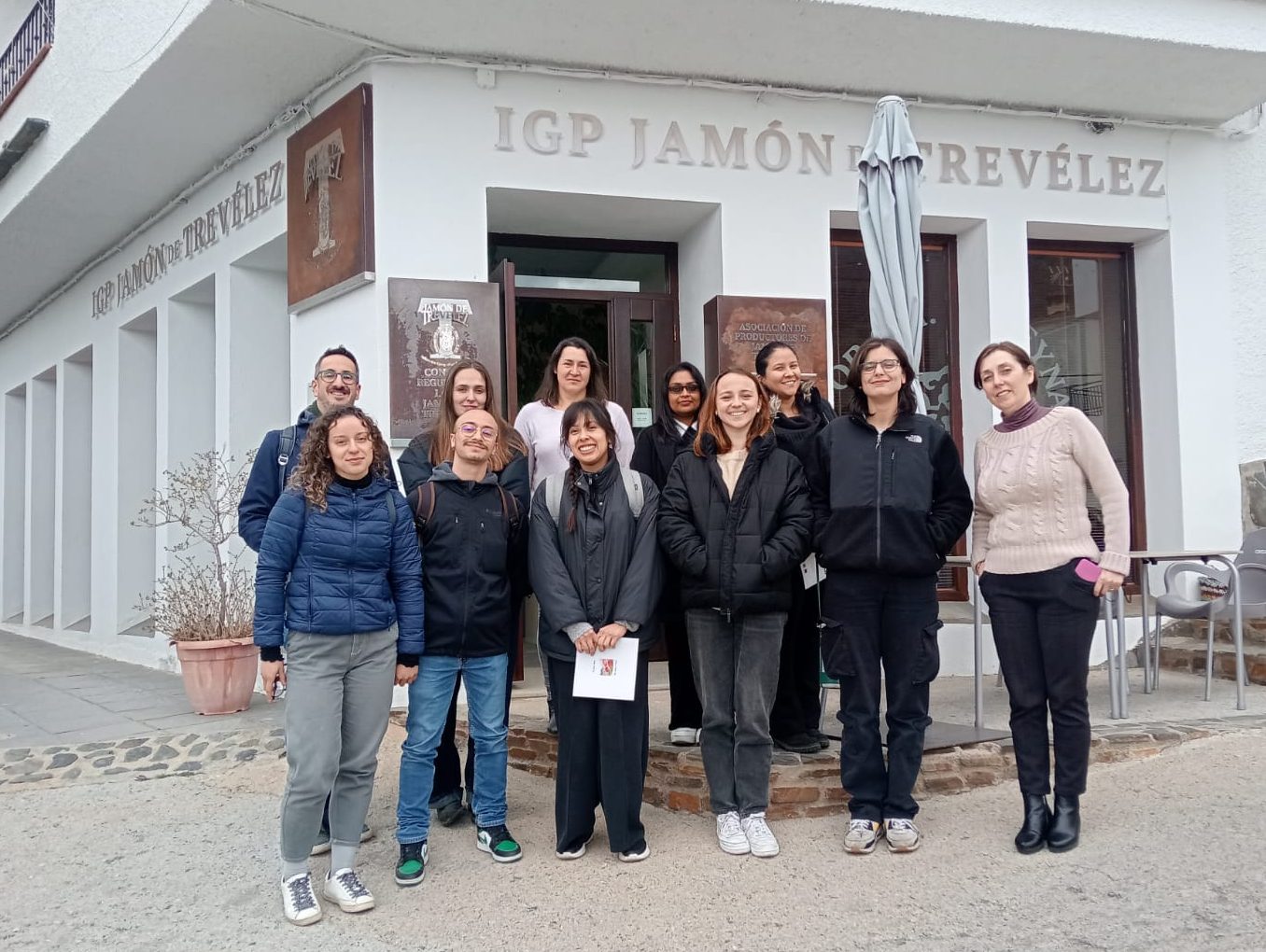
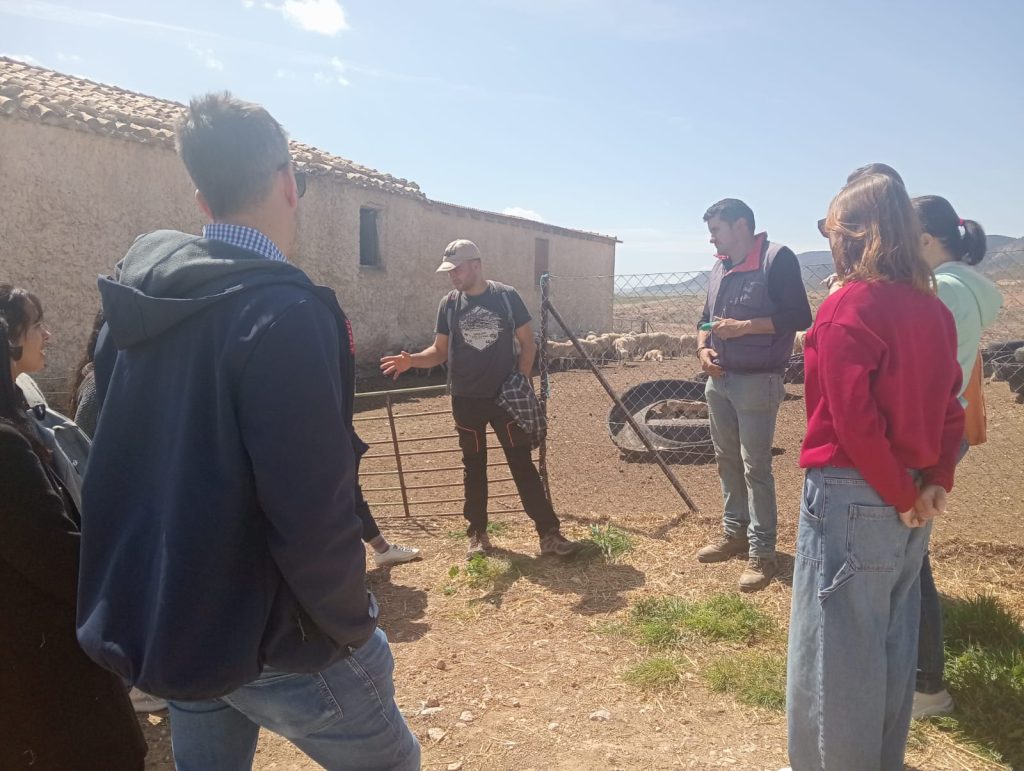
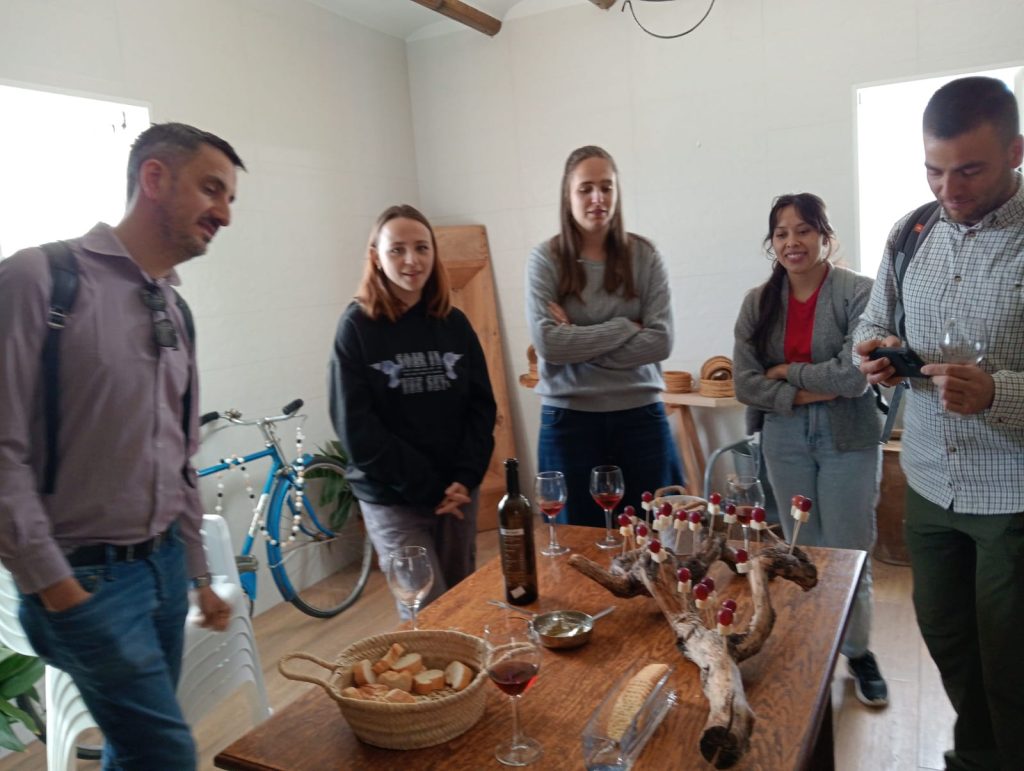
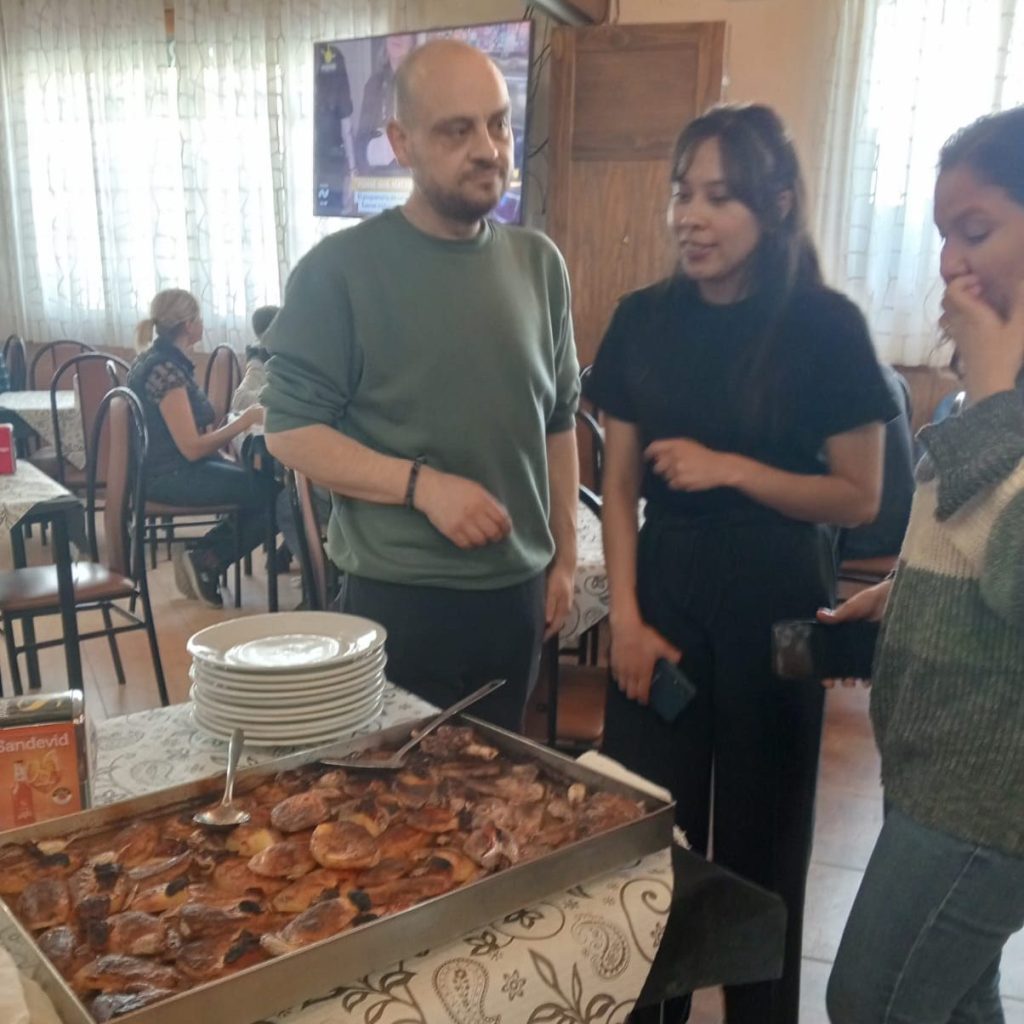
On the other hand, during the mobility week in Padua, from 19 to 23 May 2025, similar cases were also sought to encourage comparisons and identify advantages and disadvantages. Participants visited a ham drying facility (Prosciuttificio Attilio Fontana with Protected Designation of Origin in Monselice, Padua); a winery with tasting of local products at Arquá Petrarca (Cantà Terra Felice); a visit to the city of Bologna, observing the relationship between gastronomy and tourism in this city; and a visit to a livestock farm in Treviso, Fiorotto 1934, which produces cheese and wine, where a tasting was also held. On the final day, a workshop was conducted to compare the case studies from Spain and Italy, and extract learnings.
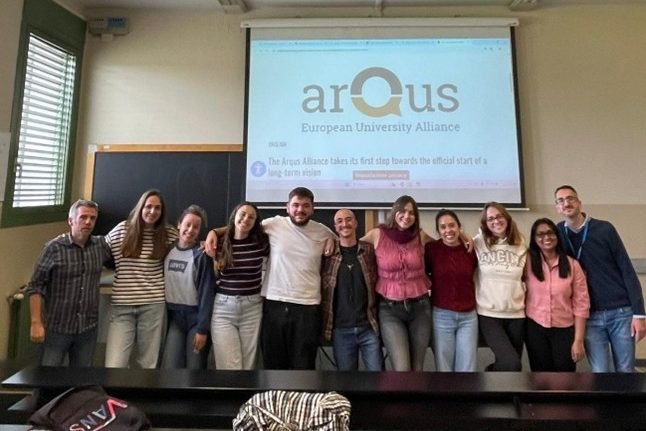

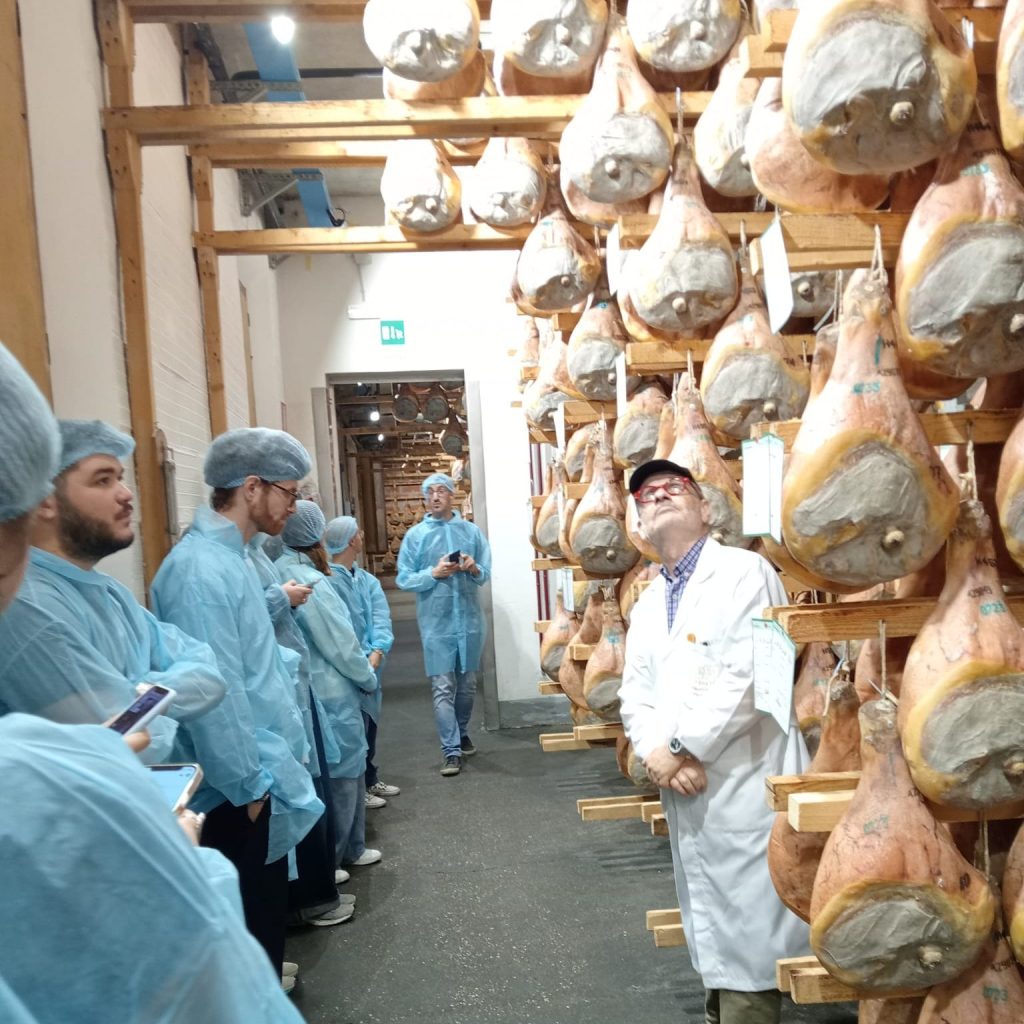
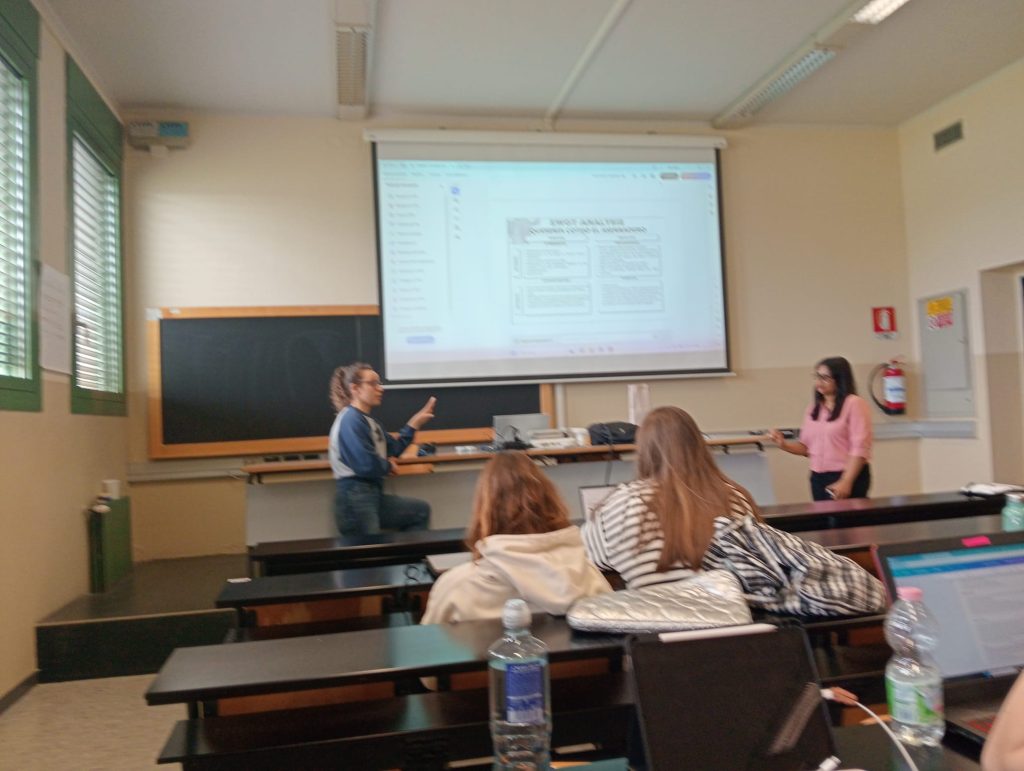
Among the lessons learned during those days are the following: local gastronomy enriches the tourism product, helping to limit seasonality, even adjusting the timing of each of these products; there is still much work to be done in the tourist exploitation of certain local products—Serrano ham, local artisan cheeses, etc.—and even more so in the Spanish case; the key role of marketing and promotion for these local gastronomic products; in the face of mass production, diversifying farms toward tourism and establishing added value represents an alternative option; certain regulations and bureaucratic rules hinder the creativity of agricultural and livestock diversification; the importance of women and young people trained in these local gastronomic products, emerging from obscurity and becoming leading actors in their businesses and towns; the landscape and geography are part of the local appeal.
Finally, we would like to highlight the relevance of the experience itself, sharing similar tools and values: sustainability, gender approach, participation, empowerment, work team, pair-to-pair learning, case studies, field trips, and the willingness to collaborate and learn from each other.
A new call for Arqus Twinning 2.0 is open right now for 2025-26 projects, read more about it here.
Arqus Twinning 2.0 aims to strengthen subject-related collaboration of staff and students and create possibilities to carry out joint learning and teaching activities through piloting short-term mobility schemes. Twinnings 2.0 are based on the mobility of two groups from two different Arqus universities, reciprocally visiting each other’s partner institution to carry out a common programme and share mutual learning experiences.